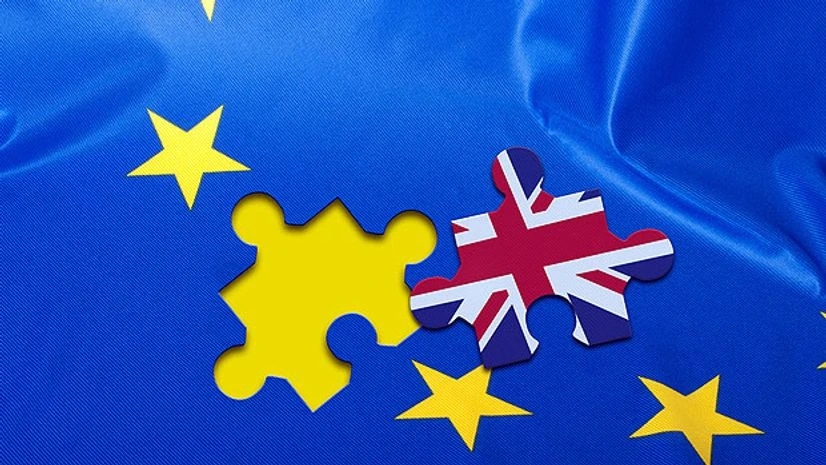A senior European Union leader has confirmed that the group wants Britain to start negotiations for its exit and leave the bloc as soon as possible, warning that David Cameron's decision to delay the start of negotiations until his successor is in place in October may not be acceptable.
"EU lawyers were studying whether it was possible to speed up the triggering of article 50 of the Lisbon treaty - the untested procedure for leaving the union," the Guardian quoted Martin Schulz, the president of the European parliament, as saying.
Cameron announced on Friday morning that he would step down as prime minister by October as he does not want the country to become unstable.
His resignation came after the majority of British people voted to leave the European Union.
Schulz stated uncertainty was "the opposite of what we need", adding that it was difficult to accept that "a whole continent is taken hostage because of an internal fight in the Tory party".
President of the European Commission Jean-Claude Juncker also said there was no reason to wait until October to begin negotiating Britain's departure from the EU.
"I do not understand why the British government needs until October to decide whether to send the divorce letter to Brussels," he told German public broadcaster ARD late yesterday.
"I'd like it immediately," he said.
He admitted that the EU had hoped Britain would stay but that now it was key to make the separation process as speedy and painless as possible.
"It is not an amicable divorce but it was also not an intimate love affair," he said.
"It is not a good day for Britain and the European Union but we must go on."
Schulz's comments followed an earlier joint statement with the presidents of the European council and commission, Donald Tusk and Jean-Claude Juncker, as well as Rutte, warning that the EU would expect Britain to act "as soon as possible, however painful the process may be" and that there could be "no renegotiation".
More From This Section
The four said after emergency talks in Brussels that they regretted, but respected Britain's decision. "This is an unprecedented situation, but we are united in our response."
Though, the UK would remain a member until exit negotiations are concluded.
Britain has to negotiate two exit agreements, one a divorce treaty to wind down British contributions to the EU budget and settle the status of the 1.2 million Britons living in the EU and 3 million EU citizens in the UK; and another an agreement to govern future trade and ties with its European neighbours.

)
